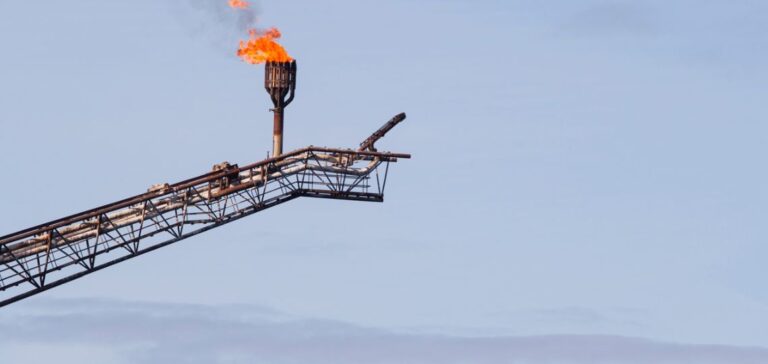The North Sea Transition Authority (NSTA) has triggered a wave of concern in the offshore oil and gas industry after publishing a plan to close facilities with excessively high emissions. This plan, announced on March 27, comes on top of a tax controversy, reinforcing the feeling of a sector under siege. It provides for the potential shutdown of facilities based on their emissions, rather than their usefulness in oil and gas production.
Exacerbated fiscal challenges
The sector is facing increased pressure, exacerbated by an unstable tax regime and potential new tax measures by the opposition party. Mitch Flegg, CEO of Serica Energy, described the tax situation as “third-world”, creating an environment of uncertainty for independent producers. The Labour Party’s proposal to reduce investment allocations is prompting some investors to reconsider their North Sea projects.
Calls for flexibility and innovation
Industry leaders are calling for greater flexibility in implementing emission reduction plans. They advocate a varied approach including electrification by low-carbon sources such as wind turbines or connection to the national grid, as well as innovative solutions such as platform-based wind and solar power and the use of biodiesel for backup power generation.
An industry at a crossroads
This situation places the UK offshore industry at a critical juncture, as it has to reconcile the imperatives of energy production with emissions reduction targets. NSTA’s plan, despite criticism, emphasizes the importance of responsible energy transitions while maintaining the need to support the industry to preserve critical infrastructure and the supply chain.
As the UK strives to meet its net zero emissions targets, the debate over how best to reduce emissions from the offshore sector highlights the complexities of balancing energy security and climate ambitions. Dialogue between government, regulators and industry will be crucial to ensuring a sustainable energy future for the country.






















